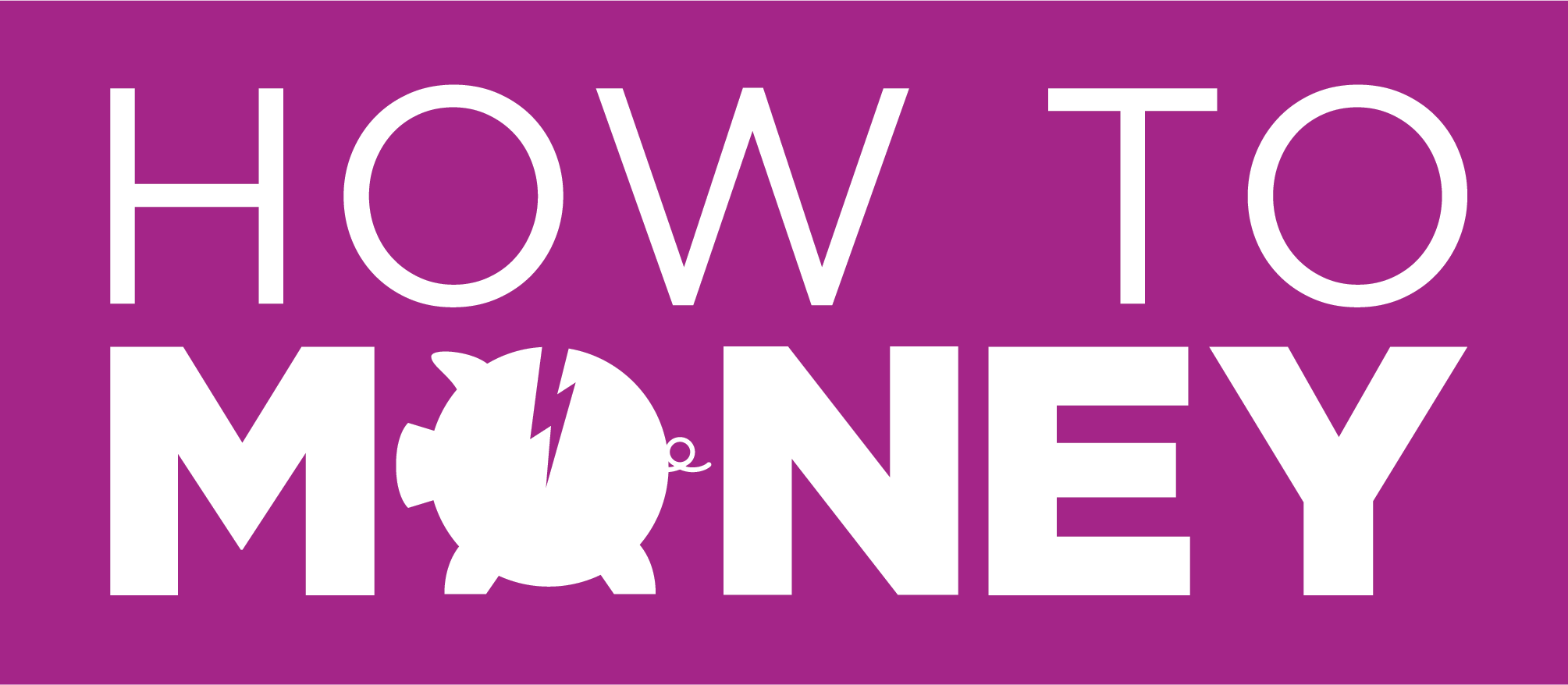
Financial Coaching vs Financial Advice
So what exactly is the difference between a financial coach and a financial adviser?
Managing your money is a tricky business for most. It’s also not the most exciting topic for many people.
But busyness, distraction and temptation are just some of the things to overcome on a daily basis to stay on track to reaching your financial goals. And they are a tough force to face alone.
Whilst getting help seems like the next best step to get your finances on track the fallout from the Hayne Royal Commission into banking & financial services earlier this year has left many Australian’s concerned about making the ‘wrong’ choice.
Fair enough!
So who should you turn to for help to organise, manage and plan your financial affairs? A financial coach? A financial adviser?
Let’s explore the differences between a financial adviser and a financial coach to see where you might be best looking for help with your finances given where you’re at right now.
What do financial coaches do?
A financial coach typically focuses on fundamental financial issues and your current or short to medium-term financial position.
It helps to think of them as a personal trainer for your finances. They help you set your goals, create a money plan to achieve them using your salary and other income and keep you motivated and inspired to stay the course to reach those goals.
Basically, they spend more time helping their clients understand the fundamentals of finances and managing their finances, rather than recommending specific investments, providing recommended strategies around your superannuation and life insurances.
What do financial advisers do?
Financial advisers may also offer the same help as a financial coach but in a much more limited and hands-off way.
Generally speaking, they tend to address those same money management issues in much less detail preferring to focus their advice on personalised investing, superannuation and insurance strategies to help you reach your goals over a (generally) longer timeframe as well.
They will also make specific product recommendations like which investment funds to invest in, which superannuation fund to use and what insurance policies are a good fit for you. A financial coach does not make specific product recommendations.
When should you use a financial adviser vs a financial coach?
If you need help getting clear on your financial goals, creating a personal budget & cash flow management plan, optimising your savings & debt repayment, or helping to manage your monthly paycheque – you might consider seeking the help of a financial coach.
If you are looking for specific fund recommendations on where to invest your savings, advice on whether to switch your superannuation fund or whether you have the right life insurance and recommendations on suitable policies then you may be best suited to seeing a financial adviser who can provide all those personal recommendations in a formal statement of advice.
Today, however, there are a growing number of advice businesses who offer the services of both financial coach and financial adviser.
This can be a good option for those who are at the beginning of their financial journey and want to build a trusting relationship with an adviser with financial coaching services and move to more comprehensive planning when their needs demand it and maintain the trusted adviser relationship.
The costs involved with obtaining financial advice (what is fair and reasonable for different levels of advice)
Basically, what you pay for personal financial advice will depend on the type of advice you need and the complexity of your situation.
There are several different ways financial advisers charge for personal financial advice.
These days many will charge a ‘fee-for-service’ which is a straight fee paid by you personally rather than a percentage based fee payable from products or services they may recommend (like an investment portfolio). These ‘fee for service’ fees are usually made up of an upfront fee and then an ongoing fee if you have an ongoing relationship with an adviser each year.
According to research by Investment Trends in 2016, on average you’ll be charged $2,250 in up-front fees, the first time you see a planner. Then when you continue your relationship with a planner year on year, the average ongoing advice fees are $3,450 per annum.
It’s important to remember that this is an average based on clients young and old with needs that are simple and very complex.
But whilst more complex needs are likely to attract much higher fees annually (over 5 figures), simpler needs aren’t likely to see a hugely different fee to the average anyway, given that the cost of providing personal financial advice as a business is on the rise.
So you can expect to pay around $2,000 upfront for seeking personal financial advice.
Why is financial advice so expensive?
Getting financial advice is becoming more and more expensive. It’s expensive to give and worryingly, it’s becoming unaffordable for the majority of working Australian’s to get too.
A large part of that problem is due to the increasing cost of doing business as a traditional financial advice business these days with a compliance landscape that is exceedingly difficult to navigate due to an ever-changing regulatory environment.
For example, the government plans to introduce legislation for all 76 recommendations from the Hayne Royal Commission into Banking & Financial Services by the end of 2020.
That swift legislative reform would mean the financial services industry faces the largest financial services law reform package in three decades in less than two short years.
How to find a financial adviser that works for you?
When it comes to getting advice about anything from anyone – what do you look for?
If you’re anything like me, trust is usually the biggest factor to weigh into who you see about your concerns, whatever the topic. The same goes for advice on your finances.
So how do you build trust with a professional when you don’t know them from a bar of soap? Well, there’s plenty of ways to do that these days.
Visit their website, read their reviews & blogs, sign up to their mailing list and read their emails, suss them out online via their social media profiles, take up their free offers for trials of services – you’ll quickly work out whether they are someone you trust and want to work with.
The second best way to find a financial adviser or coach that suits you best is to educate yourself on the basics – of money management, investing and superannuation. And anything else that you’re interested in getting specific advice on.
Aristotle once said, ‘It is the mark of an educated mind to be able to entertain a thought without accepting it’. In this context, if you have a good understanding of the basics you will be able to trust yourself to make the right decision on any professional advice you seek – without blindly accepting (and perhaps regretting) the decision to do so!
You’ll know when things do and don’t make sense and be able to ask the right questions to work out whether what’s being advised is a good fit or not for you.
Make sure you ask them what their process is for providing advice and how they like to do business ongoing. For example, nowadays there are a number of advisers who offer ‘virtual’ advice, meaning you’ll be able to meet with them from the comfort of your own home once or twice a year rather than having to traipse into their offices every 3 months for a ‘review’.
This is an important area of your life so finding the right fit to help you get it right and stay on track is a big decision.
By following the steps above you’ll be well on your way to finding the perfect support person (or crew) to help you take charge and own your financial future.
Rebecca Maher – HTM Guest Contributor
Rebecca is the Managing Director & Head Financial Coach of Proforce Wealth Academy. She has over 9 years of experience working in the financial services industry and is a licensed financial adviser.
Want to learn more about money and personal finance? Check out our article archive, the How To Money Podcast and the Australian Finance Podcast. Catch us on Twitter @HowToMoneyAUS and Instagram on @HowToMoneyAUS.
Important Information
The information on this blog and website is of a general and educational nature only. It does not take into account your individual financial situation, objectives or needs. You should consider your own financial position and requirements before making a decision, as we are not an advisory service. We recommend you consult a licensed financial adviser in order to assist you. The information is based on assumptions or market conditions which can change without notice, and this will impact the accuracy of the information provided. This website and blog occasionally provide links to third-party sites, aimed at helping you gather the information required to make an informed decision — we may receive payment for these referrals.






